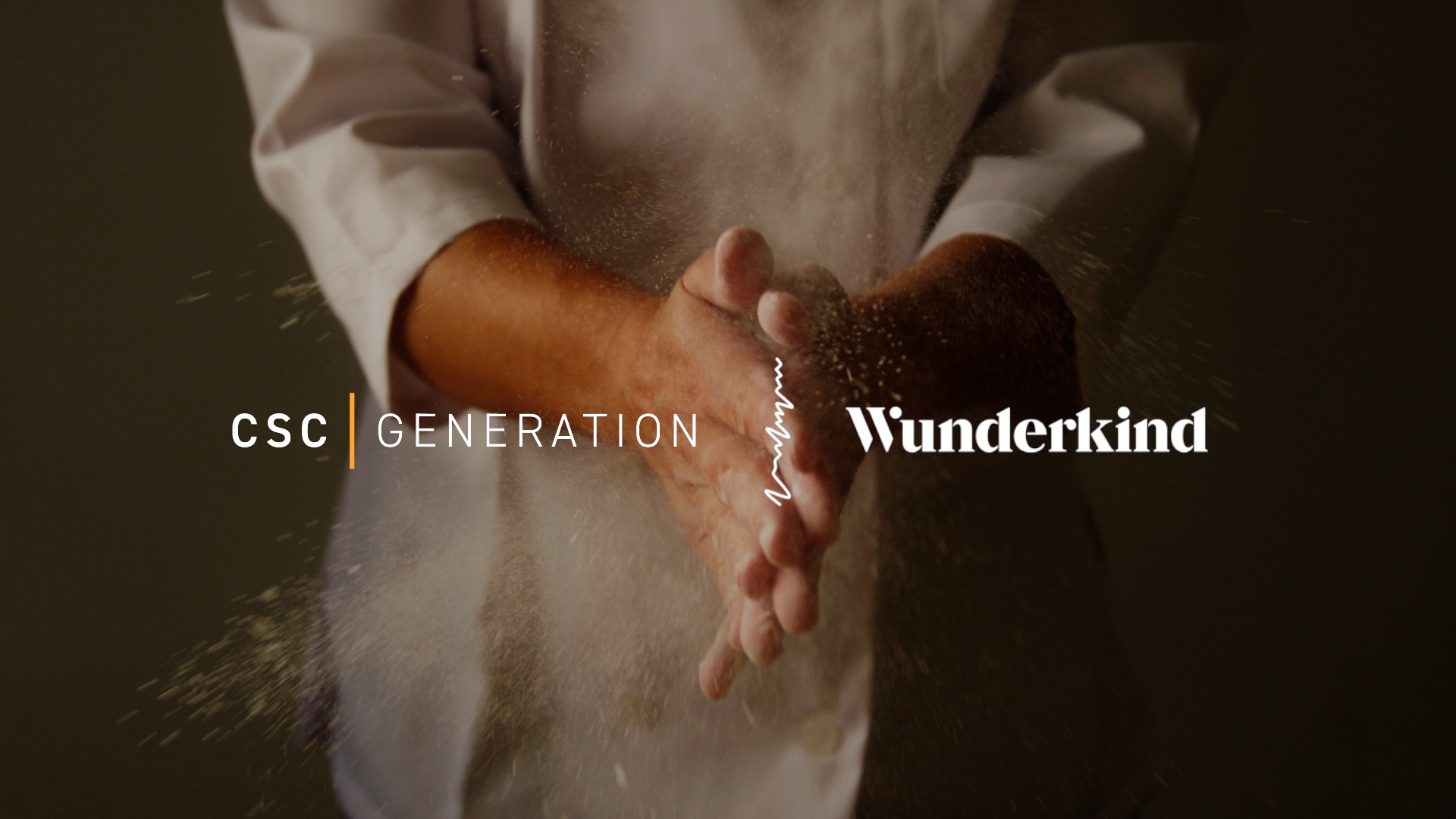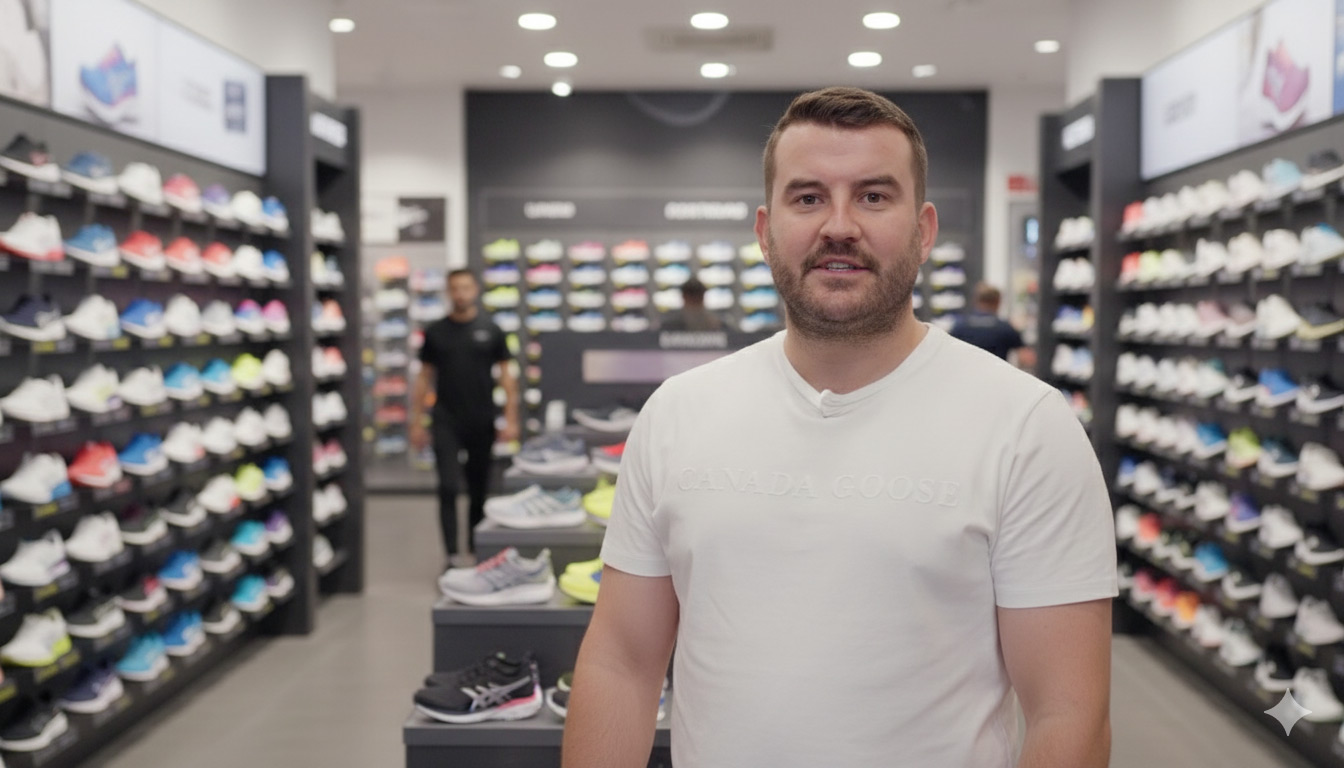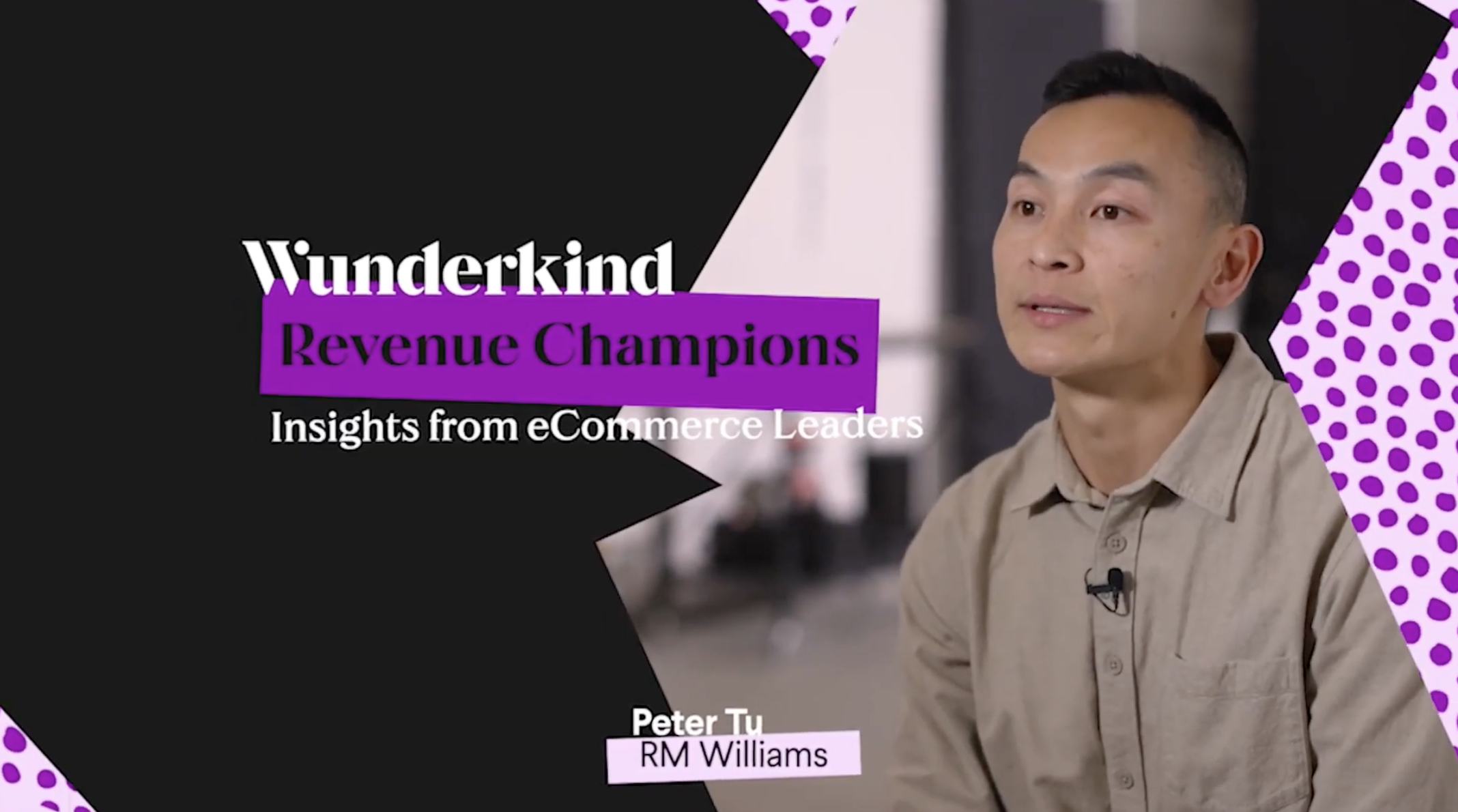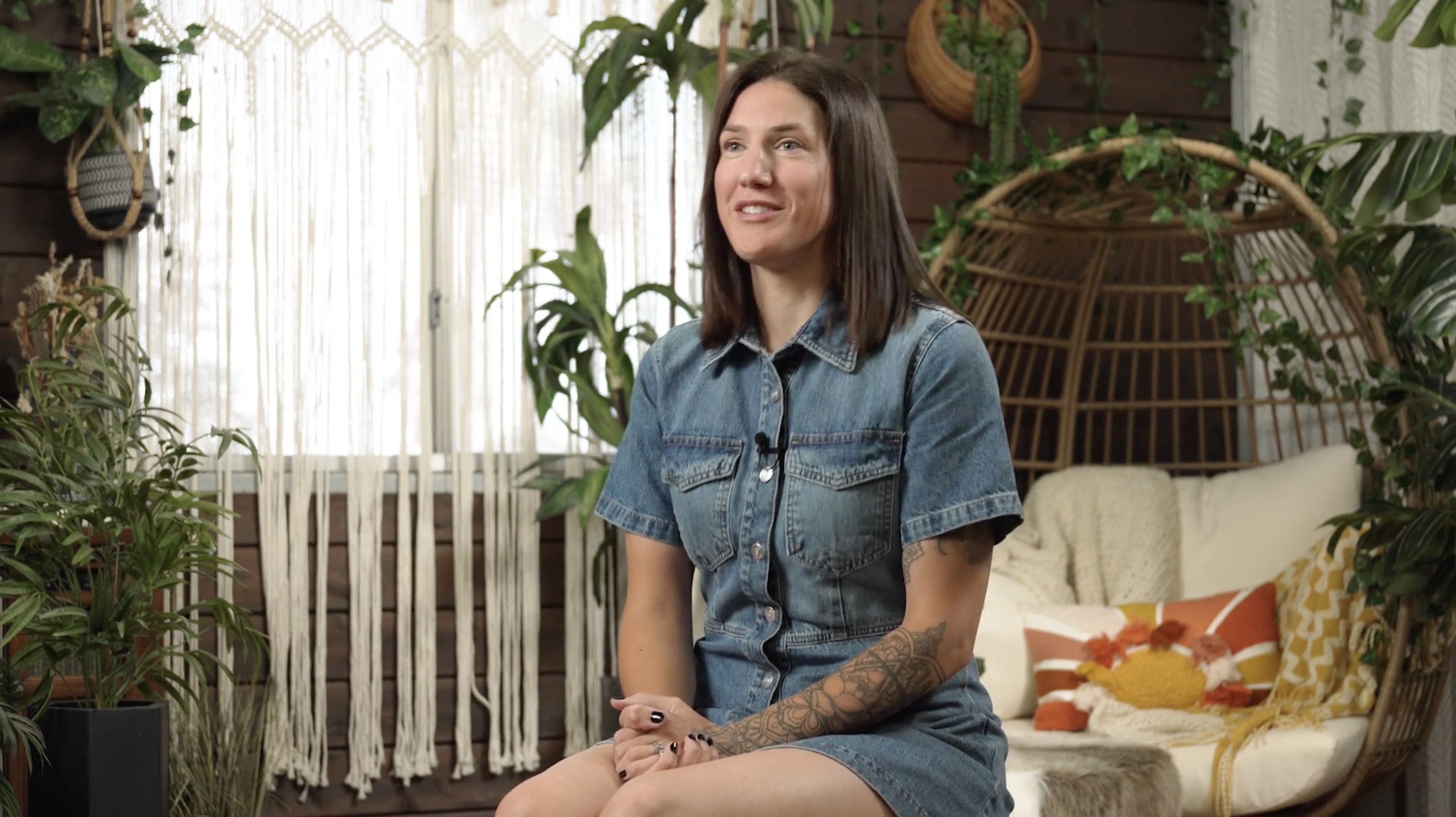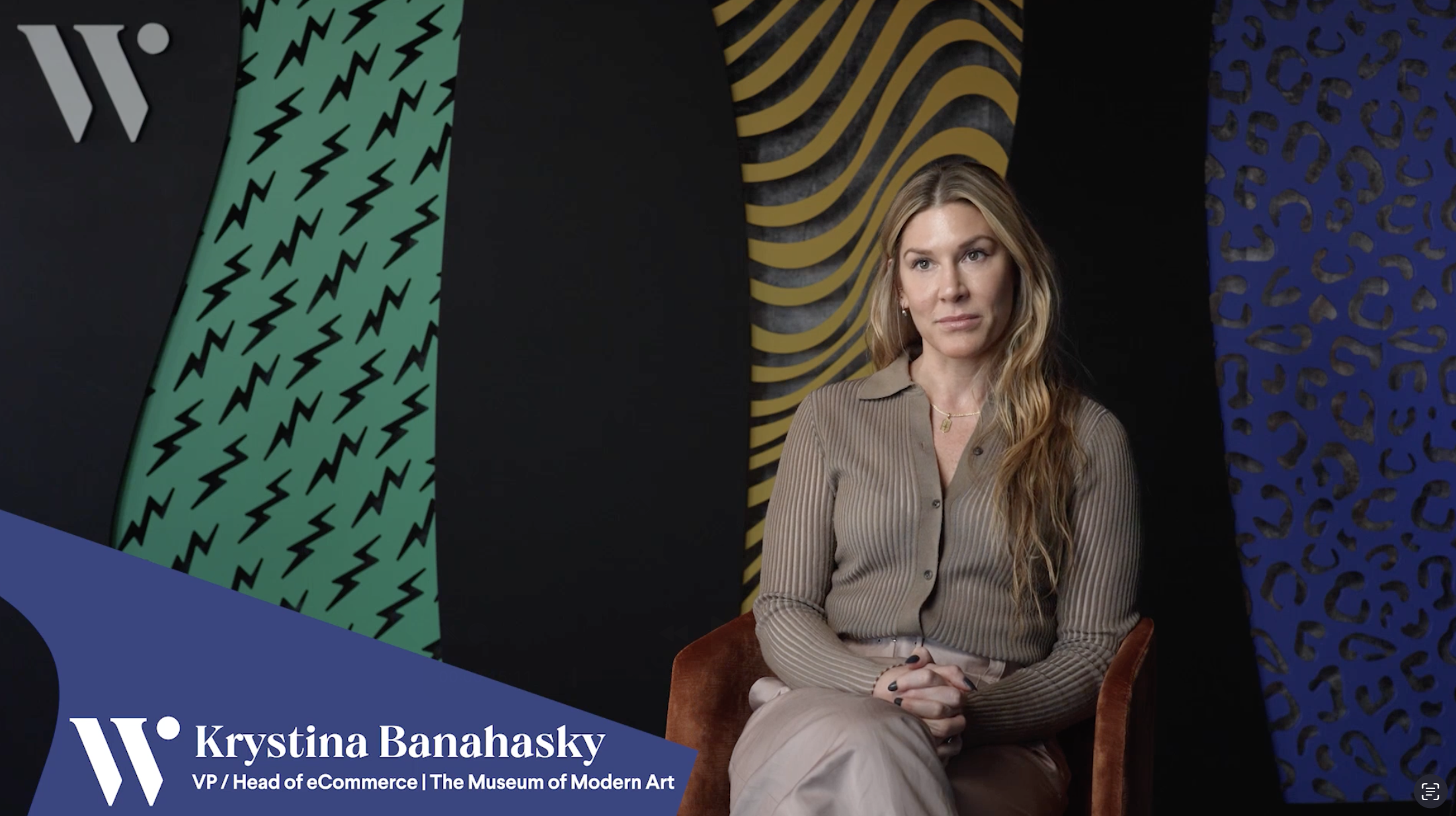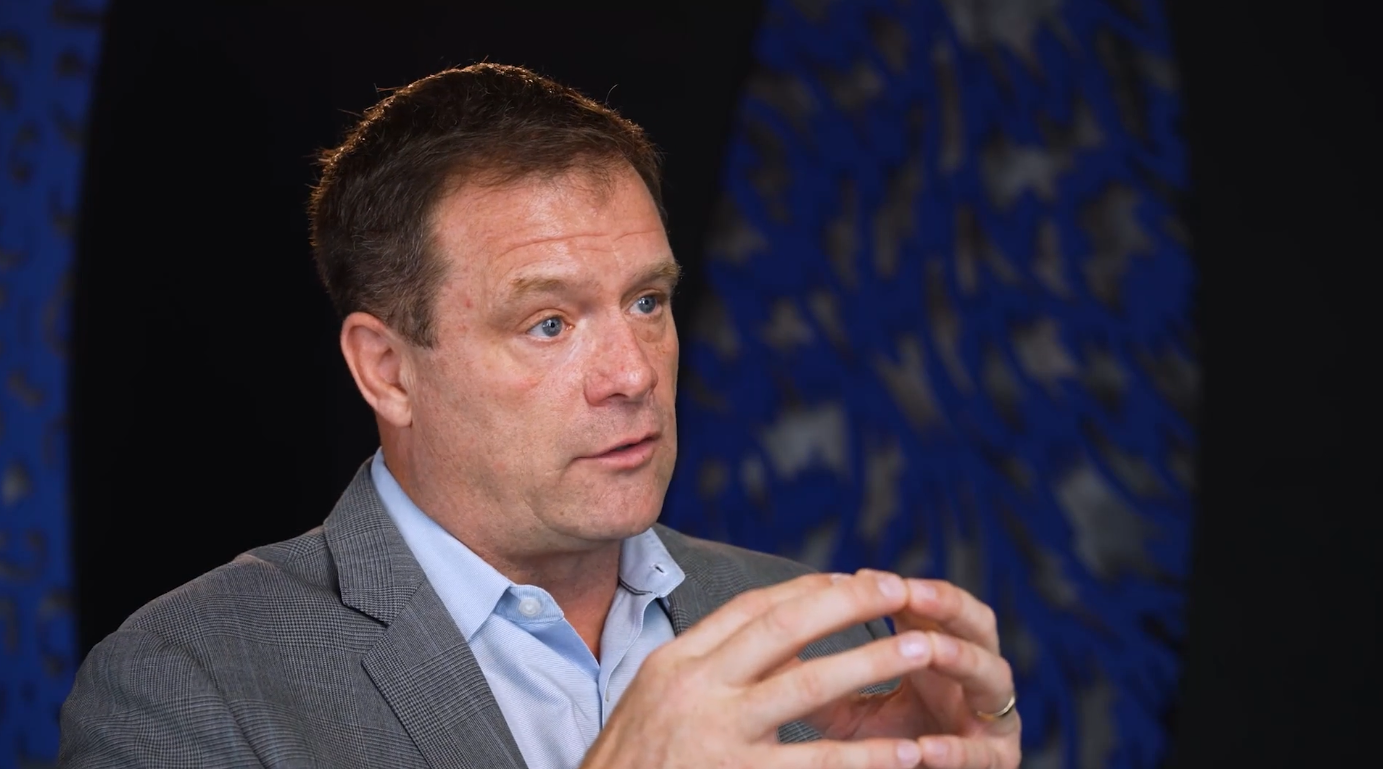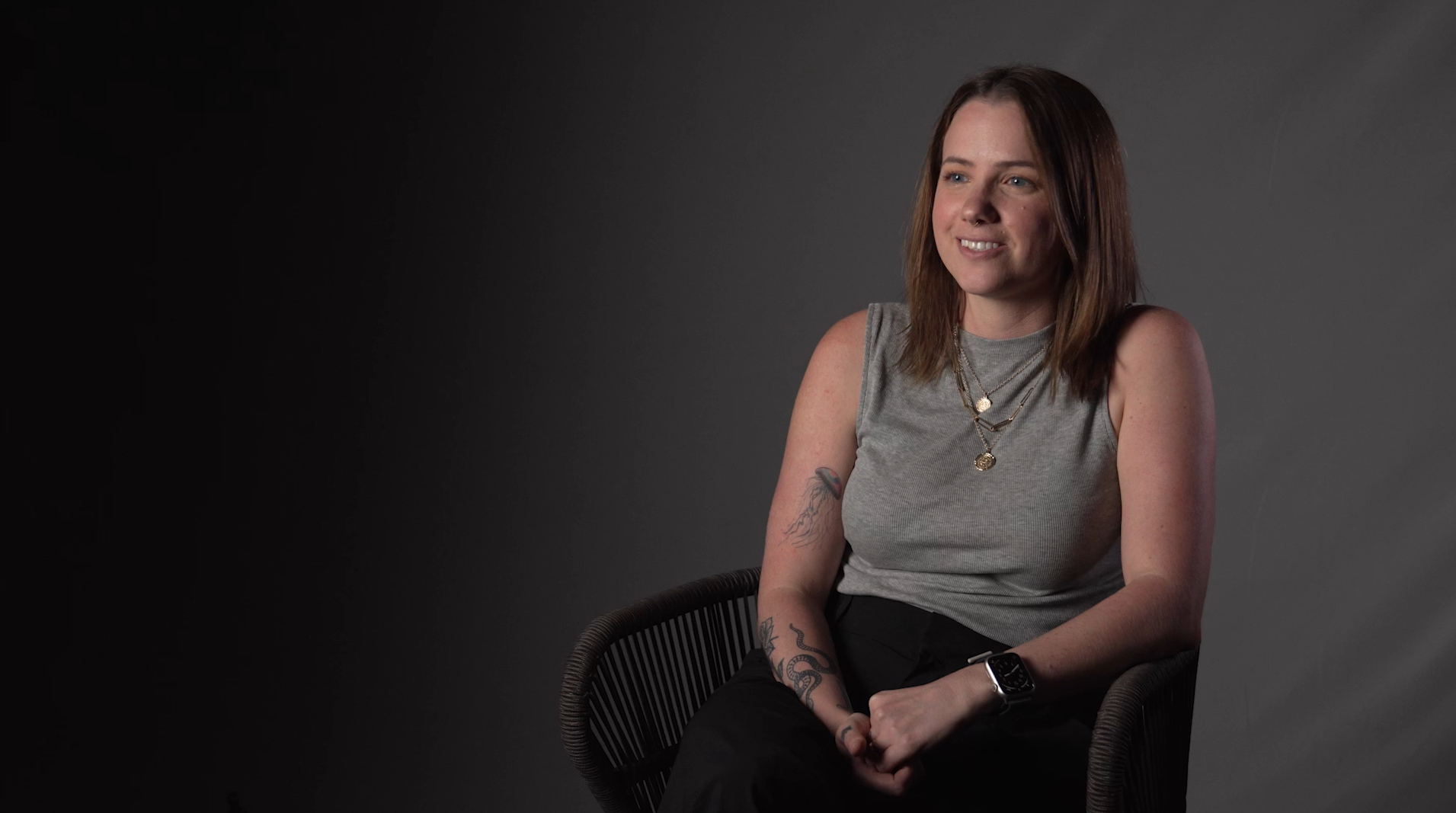Wunderkind Success Story: CSC Generation (Sur La Table)
- 0.5
- 1
- 1.25
- 1.5
- 1.75
- 2
Prithvi Raj Tikku: I am Prithvi and I lead the retention at inaudible amongst other companies in CSC generation. Sur La Table is basically, we are trying to be the leading retailer in the kitchen industry, but also build a community around it through cooking classes and also putting the best product in our consumer's homes. Our customers are people who love to cook, they love to gather and they love to throw parties and really invite more people to their homes, and we want them to be able to do that using our product, not only just our products, but also through our cooking classes and things like that. The company has grown in leaps and bounds. I think COVID was a very interesting time for the company where a lot of people are at home and I think the brand was positioned perfectly to allow people to buy the finest cookware, but also supplement that with cooking classes and really bring the family together and cook at home. So I think we built a really strong community around cooking, and I think that for us was a big win. Digitally, I think we're really trying to establish our own channels through email and SMS. SMS was very new for us. We launched that during COVID and we've seen that grown a lot. So essentially we're trying to find and optimize spaces for digital wherever we can while building that kind of community around the business and not just be a transactional business. That is correct. Personalization is at the core of it. So we do that often on our first party channels like broadcast marketing, so email, SMS. We're always trying to engage customers as opposed to target customers because it's all about, I sign up for a brands list, am I constantly getting the stuff that will keep me engaged, but in a way that it adds value to my day- to- day. And I find cooking is so integral to peoples day- to- day that if done the right way, I think it has that very strong potential building that community around it. And then you also have the products that we sell, right? So you can supplement that with everything you need to be able to make that perfect meal for yourself and your family. I'd say our own channels are some of our strongest channels in our marketing arsenal. We've been able to do a lot of good stuff with Wunderkind and really be able to scale our own channels and provide customers a better experience at that. We've been able to develop user journeys and provide really custom content to our users, which not just re- targets them, also reengages them, but brings them back to that buying journey. And we're constantly trying to provide a better experience to our own channels because we know that this customer wants to hear from us. So it allows us to serve them better because we know the actions that they're taking and that allows us to make custom journeys for them or custom experiences for them to really tailor that experiences for any customer. I think it's interesting. Abandonment is mostly... I think attention spans are getting smaller and smaller. So if you are out there looking at something that you want to buy or sign up for and then your doorbell rings or your dog comes up, your attention gets diverted. So I think the abandonment series is mostly a re- engaging tool for us to check in with you to see, hey, you like this, would you still want to go through with it? And that really allows us to get the customer to be engaged with the brand in a more meaningful way by providing them something that they showed interest in and then using that to help them get to where they want to get to with our brand. And I think that fosters a very healthy relationship between the brand and the customer. I think it's been one of the best decisions we've made as a company by bringing both the text and email pieces under one roof. I think the way that Wunderkind allows us to seamlessly integrate both the channels and also allows us to treat the customer in a way that we want their experience to be good. So essentially we can customize that experience in a way that we are not overdoing it. We don't always want to show a popup. So it allows us to then tailor that experience to a customer and also constantly provide value. So if somebody's on our email list and they're not on SMS, Wunderkind allows us to then track that, hey, this person's not on your SMSs list. So it allows us to grow our channel while also then allowing users to pick what channel is right for them. So I think it puts more power in the hands of the user to self pick that, hey, this is the right channel for me, and it allows us to then tailor the experience along both of those channels, which have been really great for us. So in short, I think it allows us to do more by bringing them under the same roof. I think there's a lot of testing that we've done in tailoring those experiences. A lot of it has to do with abandonment. Sometimes you'd see that on email, it's not really going to the customer in a way that that's not the channel that they're interacting with a lot more. So SMS is a very engaging channel, so it allows us to then stop sending them that email, but instead send them that SMS because we still feel that they're getting a very good deal there or that they forgot about this item that they really liked. So it allows us to then also select which channels the customers are responding to and then tailor not just the content but also the channel. So I think that has been really huge. And also we are able to then do campaigns which otherwise we were limited to only on email, but now we expanded that to text and we've seen some really strong engagement with that because users are more engaged on that channel and the fact that we can do that on the fly has been a game changer. Right, exactly. I mean, for example, we ran cart abandonment tests in the sense that we only sent the SMS to people who abandoned their carts, and that in itself was really good for us. So it allows us to then really tailor the experiences, like I said, not just from like, hey, we want to send more of something until the customer actually buys. So it's not sending too much of something until people make that purchase, but it's actually figuring out what the right mix of channels are to provide a better experience, which kind of to us forms personalization is not just personalizing content, but also personalizing your channels and how much are you getting from which channel. I think Wunderkind was a very strategic initiative for us and we were mostly looking to grow our existing kind of journeys and be able to do more with what we had from an own channel perspective. It obviously was a decision made as the overall marketing decision and we were able to find budget to have Wunderkind be a part of it and has been very successful for us. So we were never in a place where we had to take budget from other channels to be able to fund this because like I said, it was a very strategic initiative for us and having been partners on other brands with you guys, we've seen that proof of having Wunderkind and setting it up in a way that would actually grow your channel and while providing a better experience for your customers. So I think we've been able to do that and also expand that partnership to SMS, which has been really phenomenal. I think I really love the team that we have at Wunderkind. I see it as an extension of our own teams. We've been able to partner on almost everything email related and SMS related. We've gotten some great inputs and ideas on what to do with our channels. So we don't just see this as like, hey, we are using a service with you guys. We are really able to partner with you strategically and not just from a text standpoint. So I think having that relationship has allowed us to do a lot more and the fact that we get such good support from our partners over at Wunderkind has been really, really good. I don't think there's one, I think there's a lot of areas that Wunderkind helps us with, but I would say the key value has been in just doing more without having to worry about bringing on an entire team to do it, which is why I see it as an extension of our own team. We're able to drive a lot of initiatives without having to constantly add on to our team or find an expert who can do this for us. So I find that with Wunderkind, we not just get a great tool in our market stack, but we also get a great team to run it with us. So I think that has been the key value add for us. I think customer behaviors have definitely changed this year. During COVID, people were at home and they were buying a lot of stuff, and I think a lot of it was like a feel good factor. You can't go out, you can't eat at a restaurant, so you want to do something which makes you feel good. And I think a lot of that really boosted a lot of businesses around the world. In terms of third party cookies, I think it presents a very interesting challenge to marketers where don't see it as we're losing something, I think will actually make people, marketers rethink their channels and really evaluate how are we doing things. So if somebody signs up for an email list, you won't just take it for granted. You'll hyper- focus on what kind of experience you're giving to that customer because now churn will finally become a big issue. If you see very high churn and then you're also spending a lot on paid trying to justify your top of funnel and all the leads that you're getting, you now have to rethink that, hey, if I'm not able to target users that way, I need to focus more on retention. So I think it will allow marketers to be more strategic with how they interact with their customers, curate their content more, focus a lot more on their own channels, which I think is never a bad thing. These are people who have signed up to hear from you, so why not give them a world- class experience? So I think it will be an interesting change to say the least, but I think we're in a good place to deal with it. Yeah, I think there's always challenges being thrown at marketers, and that's not necessarily a bad thing. It keeps us on our toes and allows us to be creative problem solvers. We have gone back to the whiteboard in a lot of things and it's allowed us to do more with what we have while finding opportunities in new channels, for example, like loyalty and retention and really hyper- focusing on how can we provide a great experience to what we have and then using our budget towards experimenting and finding new markets or expanding our business to new markets. So I think it's been good. And I also am a firm believer in going back to the whiteboard often because there's not one strategy that fits all, right? You always have to constantly keep rethinking your strategy and then taking parts of it that are strong and building on them while you also bring up your weak points. So I don't think that that's a bad thing. I think that's really healthy for us as marketers to always keep thinking of creative ways to attract customers and also retain them. Yeah, it definitely did. I think from the standpoint of us constantly reevaluating our stack, we are always on the lookout for what can we do to make a channel stronger, and that means reevaluating our strategies, but also reevaluating our MarTech partnerships. I think Wunderkind has been a pretty solid part of our stack and to the point that most of our businesses at CSC have Wunderkind on the businesses, and I think it's allowed us to also consolidate how we think about our marketing team buildup. It's allowed us to think about email as a marketing side and an automation side, and also allowed us to expand that to SMS. So I think the partnership has been really good for us in the sense that we're able to do more. We're able to get a lot of feedback from your teams, which is always helpful. I'm always looking for suggestions and critical feedback on whatever we are doing. So it's been a great kind of place for us to work with and extension of our teams and really partner with you guys. Yeah, that's definitely a trend that everyone's seeing and it's obviously not fun to deal with it, but it also allows us to think about other channels. So CTV, direct mail is back in full force now, so I think we're really thinking on how we're going to still be able to put our marketing dollars to work instead of worrying about a change that will inevitably happen at some point. So it's actually good that we have all of this time to think about our strategies. I think it's good it didn't happen overnight, and it's putting the focus back on own channels and growing our email lists or SMS lists, getting more app downloads and really building that kind of strong first party dataset. And that will allow us to actually market to users in a more meaningful way. Because thinking about not just getting these customers on our list, we're thinking about retaining them and providing them a good experience. So when third party cookies go out, there's going to be other channels that we're already exploring as we speak. So I think we are thinking about ways to creatively get around it and still be able to put a marketing dollars to good use. So that's kind of where we're at right now. A lot of times there's also a disconnect between the marketers and the customers. You think that this will drive everything that you think it will drive, but if it doesn't resonate with your customer, then you need to go back to your drawing board again and also get feedback from your customers. So I think I would talk about how you can actually use customer feedback to drive your personalization and whatever you're doing with your marketing is a good way of thinking about how to set up your marketing strategies and stuff. I think also it is tricky to personalize one is to one to every single person. Because it's not always just marketing. It could be a UX issue or they didn't find what they were looking for. So I think there's a lot of things at play there, but a good way of doing that is to constantly keep a strong pulse on what your customers are saying. What are they looking for? Do you have a feed coming from customer service to marketing where they can actually go through some of the big challenges customers are facing and how can those be resolved? Or sometimes just being transparent about this product will get to you in six months. It gets the job done because now the customer knows upfront that that's an expectation that you've set. So it allows them to make that decision for themselves as opposed to they find that out when they're at checkout, which is not a great experience. So I think being transparent with the customer, listening to your customer and then forming your strategies around it is always a winning strategy. Like I said, even the experiences that we have with Wunderkind will never be perfect. That's why we constantly AB test everything that we have. And I think the good thing about it is the Wunderkind teams will allow us to do as many AB tests as we want and constantly report on what's working and what's not. So it is a great way for our teams to be strategically looking at our own channels and then working with the Wunderkind teams to bring it to life. So I think that has been really key. And also in terms of world- class experience, we're always looking at results from all of our AB tests or our journeys and stuff, and wherever we see drops, we'll go dig into it with your teams and figure out what is going wrong and then try to address it. Not because, hey, we're not getting the revenue we need, or we're not getting the engagement we need, but go into the why of why aren't we getting the results that we think we should be getting, which brings the conversation back to what we set up works for the customer or not. It allows us to think from a customer's lens and then look at it and then fix it from there on. I definitely think that it's not worth facing that. I mean, if you know that the money that you could be spending an efficient channel is going to waste, then I feel like you just need to talk about with your team and see what's doable and work towards getting to a point where you have the stack that you really want to do, which allows you to do what you want to do in a way that you're not burning money. Because every dollar that you waste could have gone to a place to drive more for you as opposed to, I feel like it's something that is, the longer you wait to shift, the worse it's going to get and the more comfortable your teams are going to get with these systems. So it is also worth having a conversation with your team saying like, hey, we're always going to do what's right for the business and drive revenue in a way that is not burning our cash reserves. So it's important to be uncomfortable for a little bit to have that long- term success and growth that you really want to see because it does give you returns pretty quickly. It's obviously uncomfortable to go off legacy systems, but I think if you have strong buy- in, if your team's aligned on why you're doing it, I've never had an issue with that because you have data to back it up. You know exactly why you're doing it. And I think once you're able to run a pilot or show what you can do with it, I think it's super easy to move off. So my vote will be move off as soon as you can and then not burn your money. Wunderkind has expanded what we are doing with our own channels. I wouldn't talk about replacing, it's been a great addition for our team to allow us to even structure our team in a way where if we get an email person on our team, it's not that they're able to actually work with a much larger team on the Wunderkind side of things and do a lot more. So it's allowed us to stay lean while driving that revenue for the business, but it's also an extension of what we had. In some cases, yes, it's allowed us to fill a gap, but I think I see it as more of an opportunity for growth as opposed to filling in a gap. So for us, it's really helped us get there.
DESCRIPTION
Discover the story of Sur La Table, member of the CSC Generation portfolio of brands and leading retailer in the kitchen industry, where passion for cooking meets community building. Join us as Prithvi Raj Tikku, Director of Email and Retetion at CSC Generation, shares their vision of not just selling products, but fostering a vibrant community around cooking. In this video we discuss CSC Gen's strategies amidst challenges like the demise of third-party cookies and rising advertising costs. Explore how they navigate these hurdles, redefine the customer experience, and embraces transparency to keep their community engaged. Learn the secrets behind CSC Generation's success and how they leverage Wunderkind's innovative solutions to deliver personalized experiences and maintain their position as pioneers in the kitchen industry. Join us and be inspired by the culinary adventure of Sur La Table, where every moment is a celebration of food, connection, and creativity.

